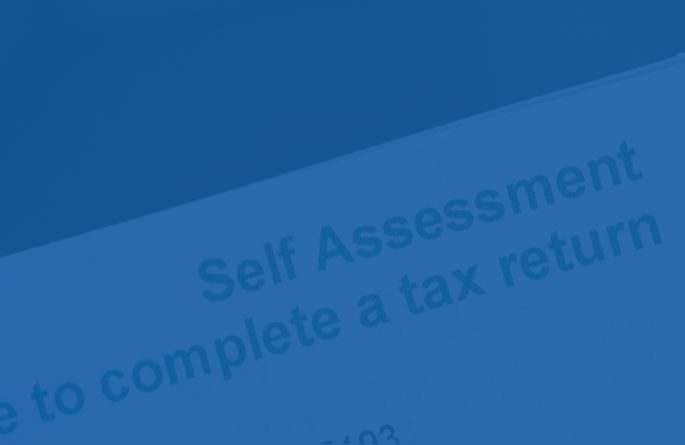
If you file your 2022/23 paper tax return after 31 October 2023, it’s likely that HMRC will fine you. However, there are exceptions. When and how can you use them to avoid a penalty?
Normal deadlines
You’re probably aware that there are two normal deadlines for filing personal self-assessment tax returns ; one for returns sent on paper (31 October following the end of the tax year) and one for returns submitted electronically (31 January following the end of the tax year). Missing a deadline usually means a fine, but not in all cases.
Deadline not applicable
The 31 October paper-filing deadline doesn’t apply in all circumstances. According to HMRC there are “special” exclusions and “exceptions” to the normal rule. There are a considerable number of these and HMRC recently published a list of them for 2022/23 self-assessment returns.
Tip. HMRC also publishes lists of special cases and exceptions to the 31 October deadline for self-assessment returns made by partnerships, trusts and estates.
Special or exception? From the perspective of the person submitting the self-assessment return the distinction between special exclusions and exceptions are irrelevant as the consequences are the same: a paper tax return can be filed between 31 October and the electronic filing deadline of 31 January without incurring a penalty.
Trap. Even if your circumstances are on the list of special cases and exceptions, HMRC might still issue a penalty notice if you file a paper return after 31 October. Don’t ignore the notice, but you should appeal against it within 30 days of its issue. In your appeal include a reference to the HMRC list which exempts you from the paper filing deadline (see The next step ).
If you file a paper tax return for 2022/23 after 31 October 2023, HMRC will issue you with a penalty notice. Check if any of the circumstances on HMRC’s lists of special cases and exceptions apply and if so appeal against the penalty.